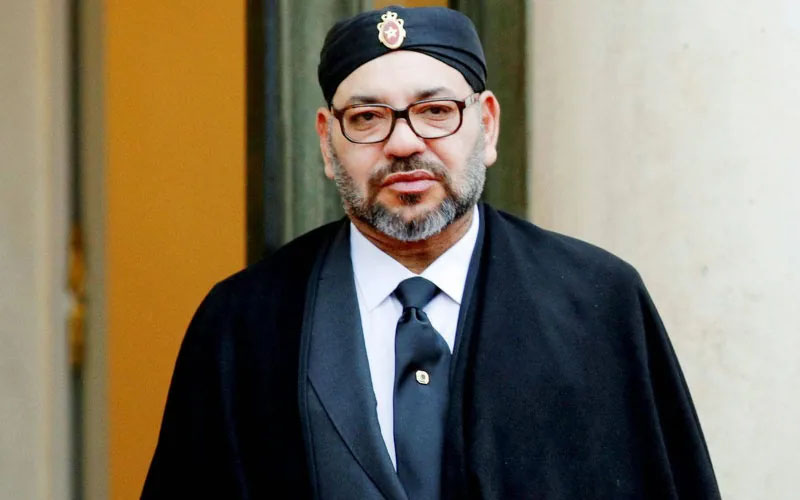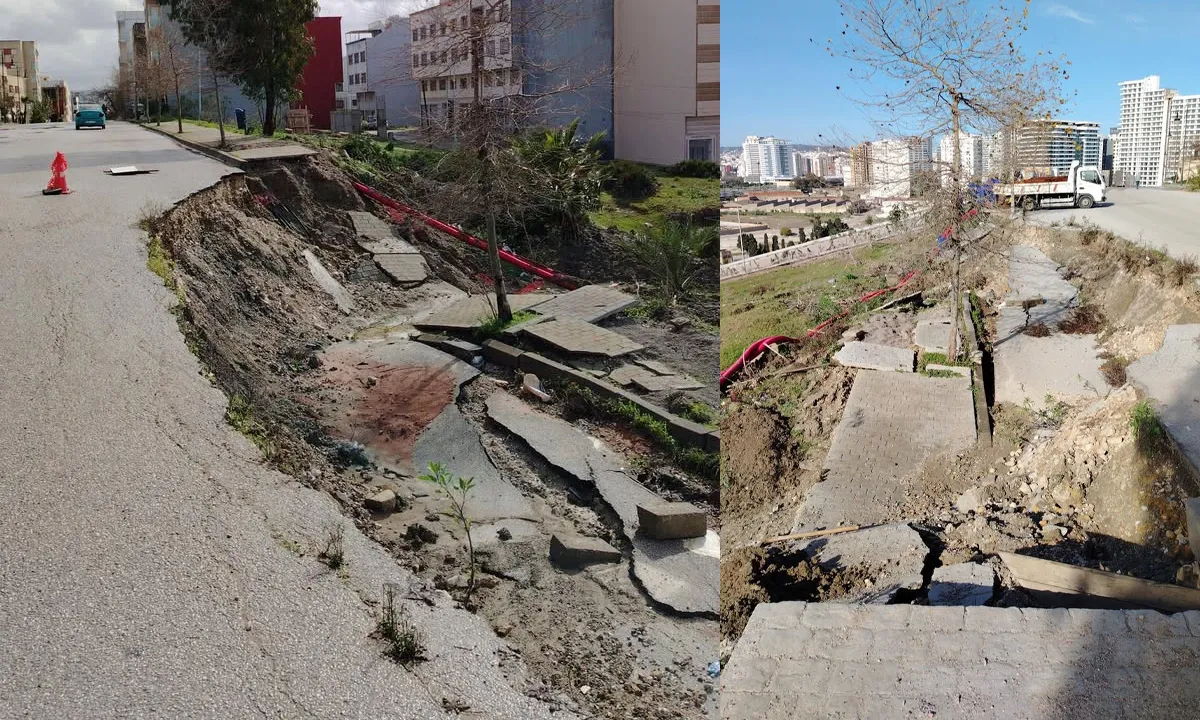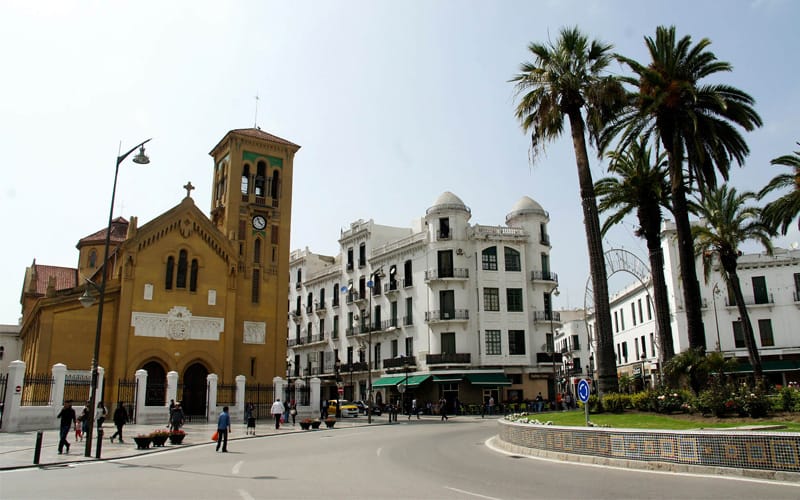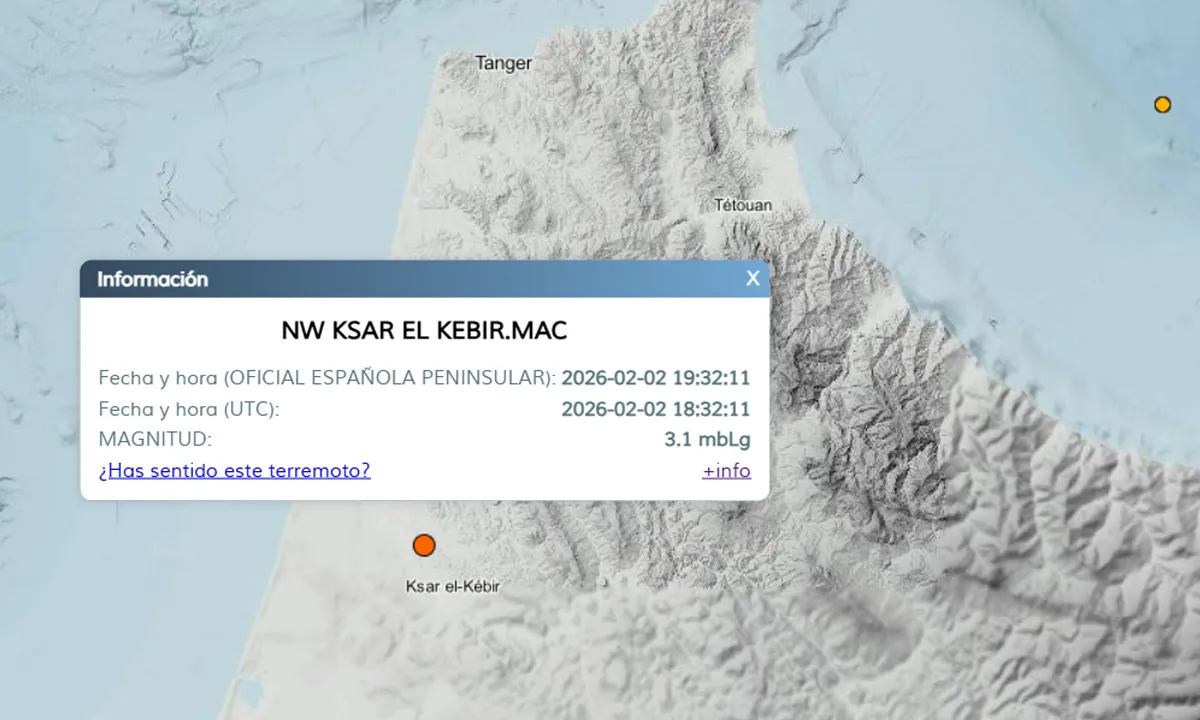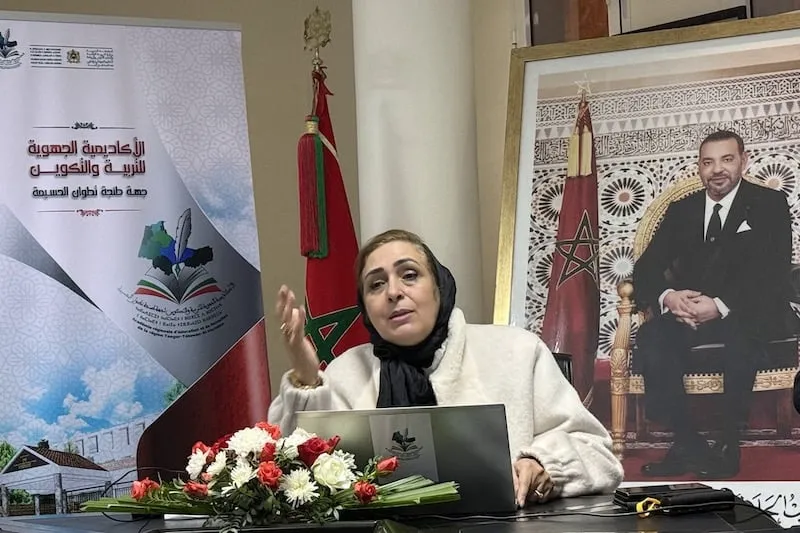On Monday, October 20, Minister of Economy and Finance Nadia Fettah Alaloui presented the key outlines of the 2026 Finance Bill during a joint public session of Parliament.
Fettah stated that the government is committed to implementing the major project of “Morocco Rising,” clearly defined by King Mohammed VI, aimed at achieving national development that combines social justice and integrated regional development for all citizens equally.
To this end, the 2026 Finance Bill is centered around four major priorities: consolidating economic gains to enhance Morocco’s position among emerging countries, launching a new generation of integrated territorial development programs, continuing the foundation of the social state, and furthering major structural reforms while maintaining public financial balances.
### 380 Billion Dirhams
In this context, the minister highlighted that the bill aims to accelerate the implementation of various structural projects and sectoral strategies, targeting a total public investment of approximately 380 billion dirhams. She emphasized that the government will prioritize this investment effort to finance infrastructure projects across various sectors, focusing on those that ensure territorial development through an integrated regional approach.
Fettah added that priority will be given to accelerating the execution of transport and logistics infrastructure projects, particularly in expanding airports, enhancing the national aviation fleet, implementing railway projects, and strengthening the highways network. Concurrently, efforts will continue to finish the construction of the Nador West Mediterranean Port and expedite the Atlantic Dakhla Port project.
The minister also noted ongoing measures to secure potable water supply in areas suffering from water shortages.
### Employment
Special attention will be given to accelerating the rollout of various sectoral strategies, particularly in agriculture, industry, tourism, traditional crafts, social economy, and digital transformation. Additionally, the transition to green energy will be reinforced.
To support these efforts, Fettah announced that the government will work to enhance private investment dynamics by continuing to implement the new investment charter, improving the business climate, supporting private investment, bolstering the role of the Mohammed VI Investment Fund, and reforming the financial sector with a focus on projects that produce added value and create jobs, especially for youth.
### Advanced Regionalization
Furthermore, Fettah confirmed that the Finance Bill is focused on launching a new generation of integrated territorial development programs, realizing advanced regionalization as a strategic option for the kingdom. The goal is to ensure that public investments have a measurable impact, particularly regarding job creation and improving citizens’ living conditions.
She stated that in 2026, priority will be given to implementing the national integrated development program for emerging rural centers, with an emphasis on accelerating action plans for projects related to 36 model emerging rural centers, with a total cost of 2.8 billion dirhams.
### Health and Education
To support this dynamic aimed at comprehensive territorial improvement and addressing social and regional disparities, the government will intensify its efforts in 2026 to strengthen essential social services, particularly in health and education.
The minister indicated that the budget allocated to these sectors for 2026 would amount to a total of 140 billion dirhams, reflecting an increase of 21 billion dirhams compared to 2025, along with the creation of over 27,000 job positions in these sectors.
She continued that the government will work to address shortages in the national health system by accelerating health service enhancement programs, particularly through the commissioning of university hospital centers in Agadir and Laayoune scheduled for this year, and expediting the construction and equipping of the Ibn Sina hospital in Rabat, expected to open in early 2026. Work will also continue on building university hospitals in Beni Mellal, Guelmim, and Errachidia.
Fettah added that efforts to enhance and develop human resources will continue, alongside strengthening governance of the national health system, and improving education, especially by accelerating the spread of preschool education and enhancing the quality of training through an expanded leadership school program set for complete implementation by 2027-2028, as well as the continued rollout of comprehensive educational reforms in Moroccan universities.
In this regard, Fettah noted that the government will continue to reinforce the foundations of the social state through the 2026 Finance Bill. She stated that continuing to implement basic compulsory health insurance is a priority, particularly by having the state budget cover contributions for approximately 11 million citizens from low-income groups, totaling around 10.5 billion dirhams in 2026.
### Purchasing Power
The minister also affirmed that the government would continue its efforts to support purchasing power and ensure the stability of essential goods’ prices by allocating approximately 14 billion dirhams. Additionally, there will be efforts to enhance housing availability and provide decent living conditions for families, notably through the direct support program for primary housing, which has benefited over 68,000 families since its launch in 2024, with total aid exceeding 5.6 billion dirhams by mid-October.
Moreover, Fettah indicated that the 2026 Finance Bill prioritizes improving the efficiency of public investment and promoting alignment in managing public policies to maintain public financial balances.
In this context, she pointed out that reforming the organic law of the Finance Bill is among the most crucial initiatives the government intends to activate, representing a significant shift in the governance model of public policies, with a greater focus on accountability and achieving results, while also promoting alignment and localizing policy management.
The minister concluded that this reform aims to achieve three main objectives: enhancing the efficiency of public policy performance, ensuring the sustainability of public finances, and strengthening the role of Parliament, particularly through increased involvement in preparing and executing Finance Laws.
Source








